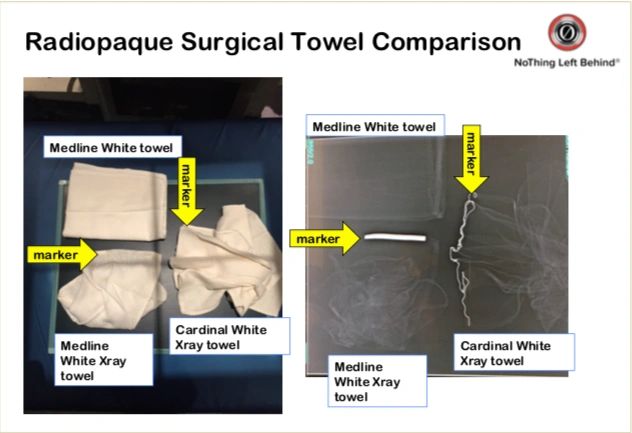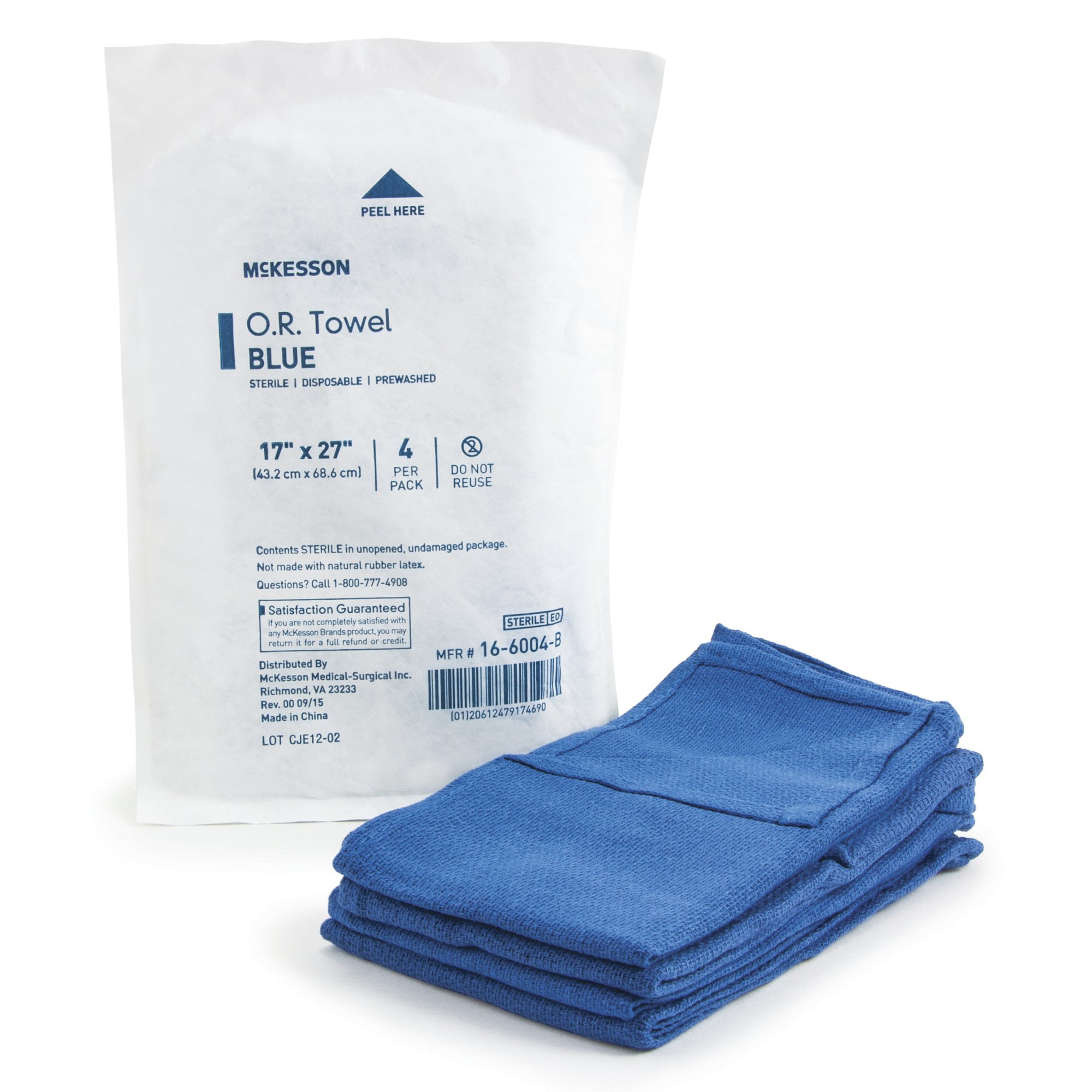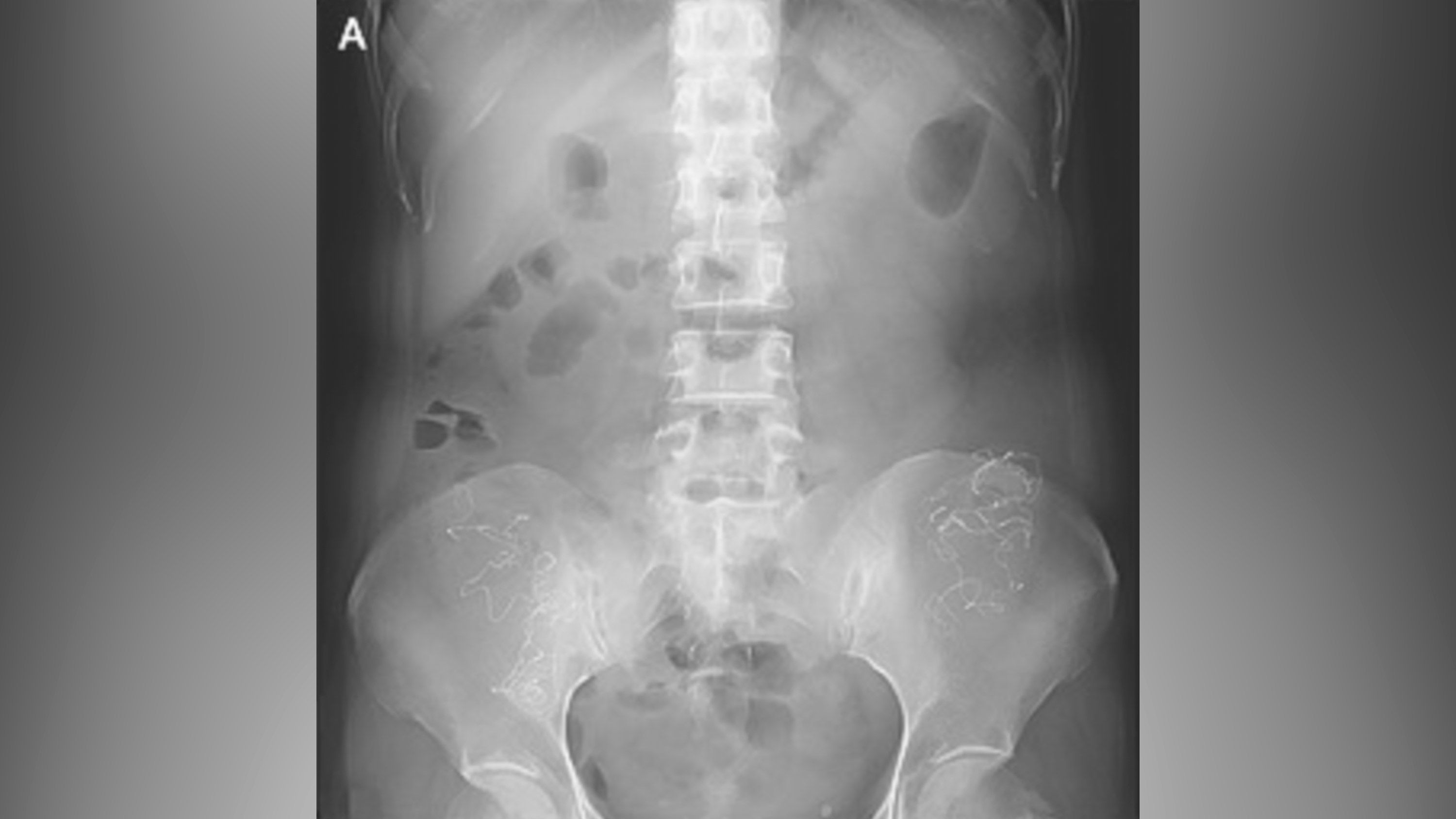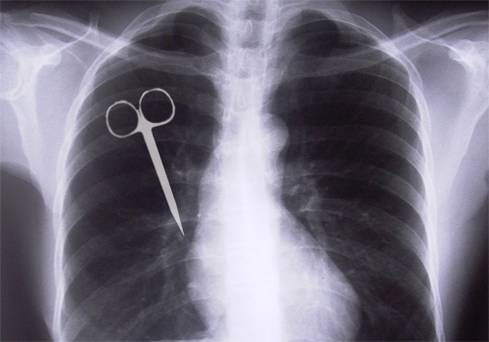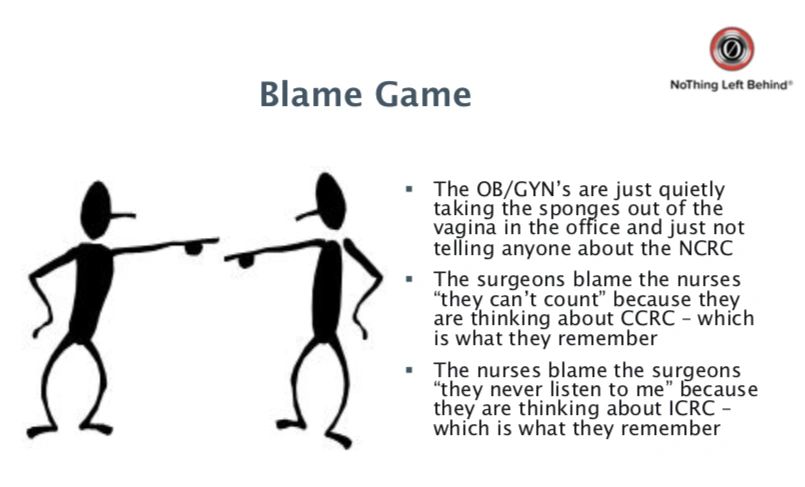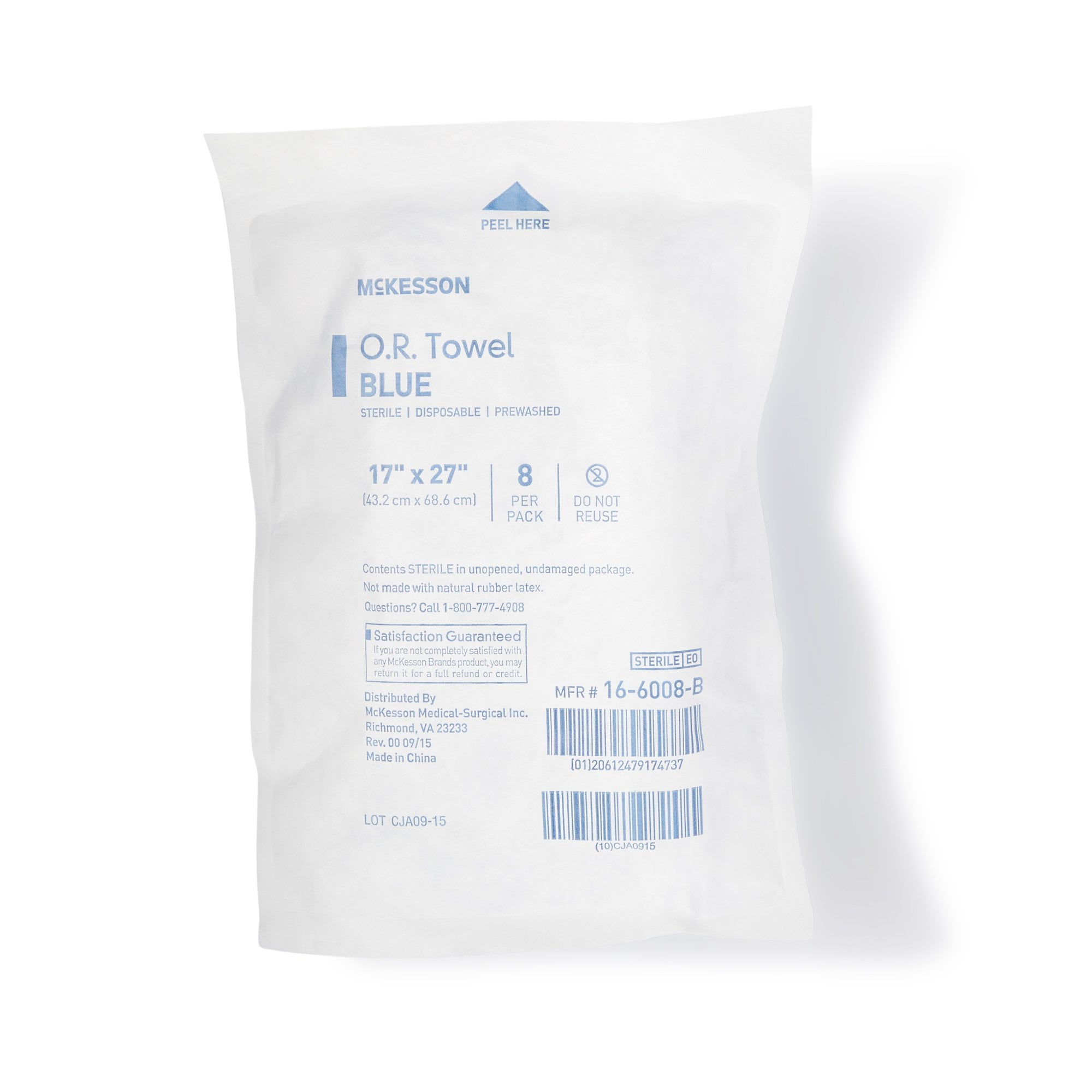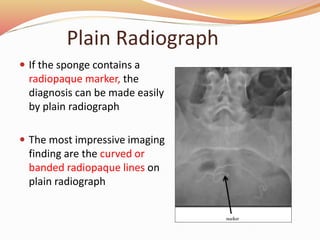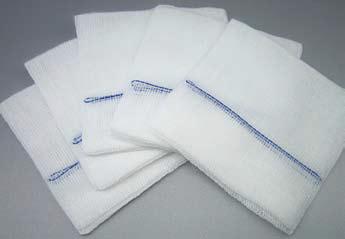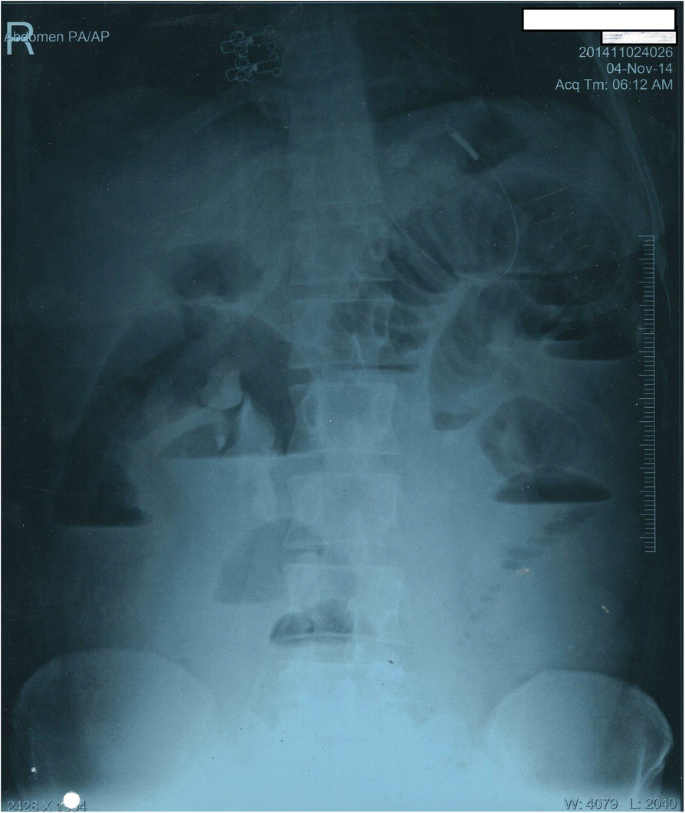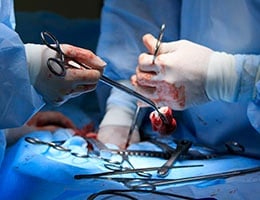Left Behind: Unintentionally Retained Surgically Placed Foreign Bodies and How to Reduce Their Incidence—Pictorial Review

US20140243770A1 - Surgical sponge having radiopaque element and method of manufacture - Google Patents
Left Behind: Unintentionally Retained Surgically Placed Foreign Bodies and How to Reduce Their Incidence—Pictorial Review

PDF) Retained surgical sponges: A descriptive study of 319 occurrences and contributing factors from 2012 to 2017

